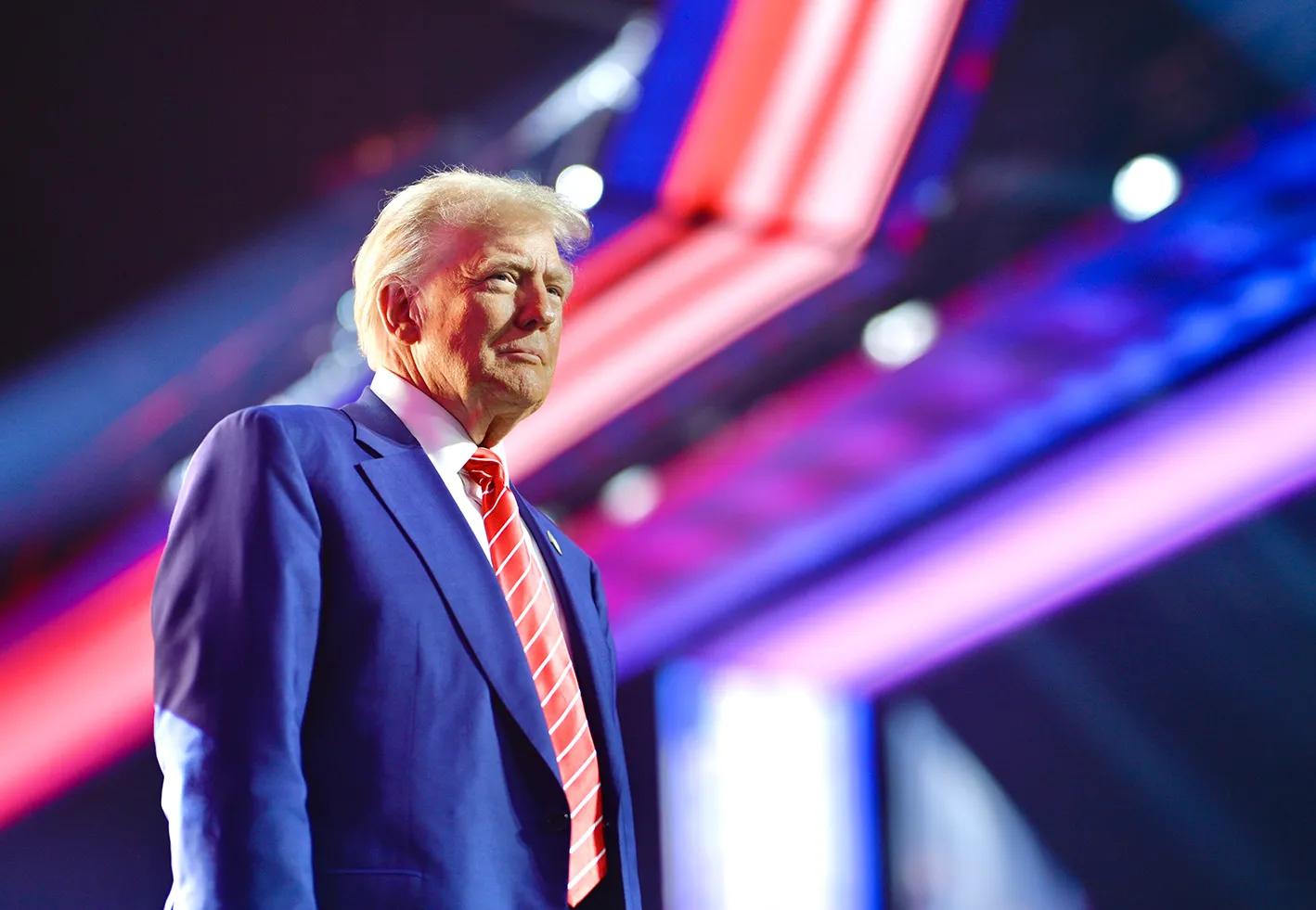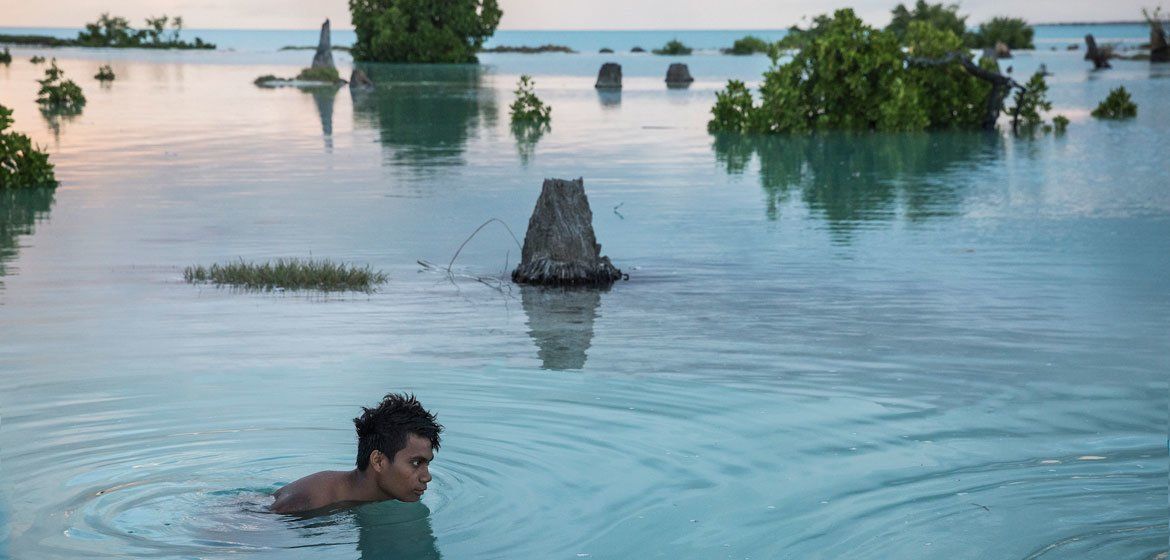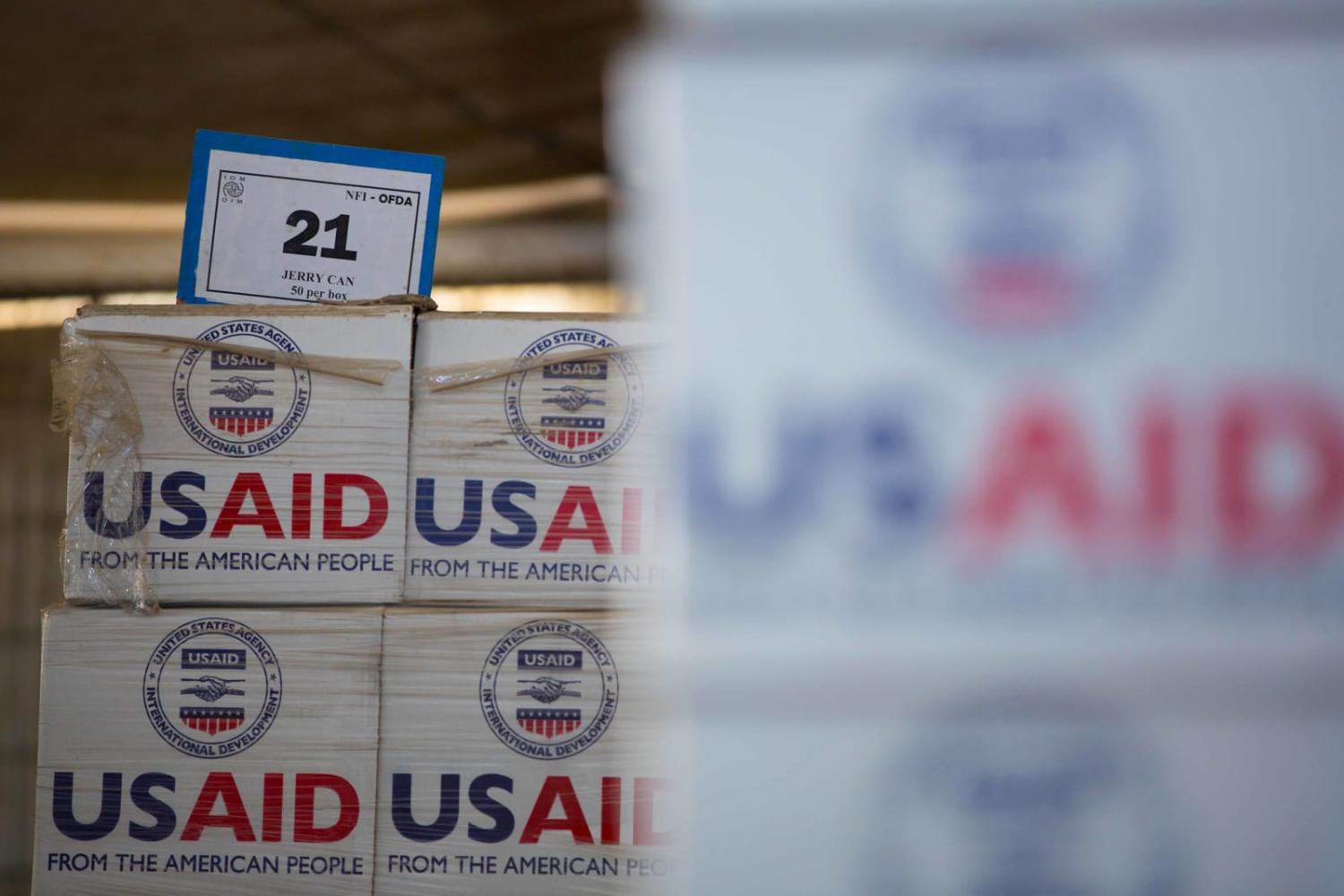

Pacific Islands Forum Troika, from left, Tonga Prime Minister Dr 'Aisake Eke, Solomon Islands PM Jeremiah Manele, Cook Islands PM Mark Brown, and Palau President Surangel Whipps Jr.
Photo/Supplied
Pacific leaders urge Trump to address tariffs and climate aid concerns in key letter
As the region grapples with significant challenges, the Pacific Islands Forum is advocating for a more cohesive approach to regional cooperation in light of shifting international dynamics.


Auckland bakery stops selling popular Tongan horse-meat pie over food safety concerns

Police name Kiribati man found dead in Mahurangi River

Indigenous ocean leaders to gather at Waitangi to protect the Pacific's Peaceful Sea

Tongan among five latest remanded over Fiji's record cocaine seizure, police confirm

Auckland bakery stops selling popular Tongan horse-meat pie over food safety concerns

Police name Kiribati man found dead in Mahurangi River

Indigenous ocean leaders to gather at Waitangi to protect the Pacific's Peaceful Sea
The leaders of the Pacific Islands Forum (PIF) Troika have reportedly written a letter to President Donald Trump, expressing their concerns about the impacts of US tariffs and climate change in the region.
The leaders met in person in Fiji last week, following an earlier virtual meeting in March.
New Zealand's Deputy Prime Minister and Foreign Affairs Minister, Vaovasamanaia Winston Peters, was in Fiji last week and met with Prime Minister Sitiveni Rabuka in Nadi.
Peters was on his way to Vanuatu as part of his Pacific mission, earlier visiting Hawaii and Tonga. While he did not attend the Troika meeting in Fiji, Peters says he was briefed on the discussions by Rabuka.
Peters says New Zealand is increasing its defence and development contributions despite “difficult fiscal conditions”. But he clarified that the Pacific needs the US to stay actively involved and play a constructive role.
The Forum Troika includes Dr ‘Aisake Valu Eke, Chair of the Pacific Islands Forum and Prime Minister of Tonga; Jeremiah Manele, incoming forum chair and Prime Minister of the Solomon Islands; Mark Brown, former forum chair and Prime Minister of the Cook Islands; and Surangel Whipps Jr, President of Palau, who participated joined as the Micronesian representative in discussions related to the Review of the Regional Architecture.
In the letter, they highlight the significant challenges faced by Pacific island nations due to Trump's tariffs, which impose rates of 23 per cent on Vanuatu, 30 per cent on Nauru, and 32 per cent on Fiji.
These countries argue that they have been severely impacted by the reciprocal tariffs resulting from the US President's new trade policy.
They also express concern over the halt to US foreign aid, which has stalled critical climate change projects across the Pacific, threatening the well-
being of vulnerable communities.
Watch Winston Peters' speech at the East-West Center in Hawaii.
Two Pacific countries were left out of Trump's tariff list: Niue and Palau. Experts view this as good news for both island states, as there are no new tariffs on their exports to the US. But some argue that the decision reflects the haphazard nature of the latest tariff announcement.
"There is no reason for the Federated States of Micronesia and Marshall Islands to get a 10 per cent tariff, and Palau to escape it (all three are Compact States, which have a special relationship with the United States)," Stephen Howes, Director of the Development Policy Centre and Professor of Economics at the Crawford School of Public Policy at The Australian National University, says.
"There is no reason for the Cook Islands to get a 10 per cent tariff, and not Niue - both have the same special relationship with New Zealand. (Even Tokelau had a tariff slapped on it, though it is a dependent territory)
"Trump’s new tariffs are not in fact reciprocal, but are instead linked to the trade deficit or surplus each country is running with the US.
"Countries with a large trade surplus with the US (that is, they export a lot more to the US than they import) are the ones who got high tariffs. Everyone else got 10 per cent (or was meant to)," Howe notes in a recent paper titled, Trump’s tariffs and the Pacific, which he co-authors.
Upon arriving at Honiara International Airport after the Troika meeting in Nadi, Prime Minister Manele conveyed the Forum’s serious concerns about recent shifts in US foreign policy.

Photo/The White House
“The Troika dedicated time to discussing the changing international landscape shaped by the United States’ new foreign policy direction,” he told the media.
These changes include the US withdrawal from key international institutions, such as the:
Paris Agreement
UN Human Rights Council
World Health Organisation (WHO)
UN Educational, Scientific and Cultural Organisation (UNESCO)
UN Relief and Works Agency for Palestine Refugees in the Near East (UNRWA)
Manele says the Troika reflected on a brief report produced at their request, outlining the implications of these developments for our region."

Photo/UNICEF
He says the Troika also discussed Washington's financial commitments to relevant UN frameworks and Pacific regional organisations, including the:
Pacific Community (SPC)
Secretariat of the Pacific Regional Environment Programme (SPREP)
Pacific Islands Forum Fisheries Agency (FFA)
Pacific Islands Forum (PIF)
Pacific Islands Development Programme (PIDP)
Pacific Aviation Safety Office (PASO)
Manele says that the evolving nature of US tariff policies and their impacts on Pacific trading arrangements have compelled the Troika leaders to formally agree with Washington over the aid freeze and its effects on Pacific priorities and commitments to regional institutions.
During the meeting in Fiji, he says the Troika also agreed to initiate political discussions on the Review of the Regional Architecture to streamline and strengthen regional cooperation.
“The review will address the proliferation of regional entities and duplication of frameworks," Manele told journalists.

Pacific leaders discussed the United States’ new foreign policy direction, including Washington's withdrawal from key foreign aid funding. Photo/USAID
“Pacific leaders are working towards a more integrated and cohesive region, aiming for a ‘future-ready and fit-for-purpose’ regional architecture.”
The review will also focus on rationalising regional organisations to promote efficiency and effectiveness, which includes reducing the number of agencies and moving towards a lean intergovernmental structure.
Political consultations will be led by a High-Level Persons Group (HLPG), consisting of one representative from each of the three Pacific subregions: Melanesia - Dr Sir Jimmie Rogers (Solomon Islands), Polynesia - Peseta Noumea Simi (Sāmoa), and Micronesia - Gerald Zackios (Marshall Islands).
The Pacific Islands Forum leaders' summit is scheduled to be held in the Solomon Islands in October.
Watch former White House senior official Matt Terrill's interview with William Terite on Pacific Mornings.